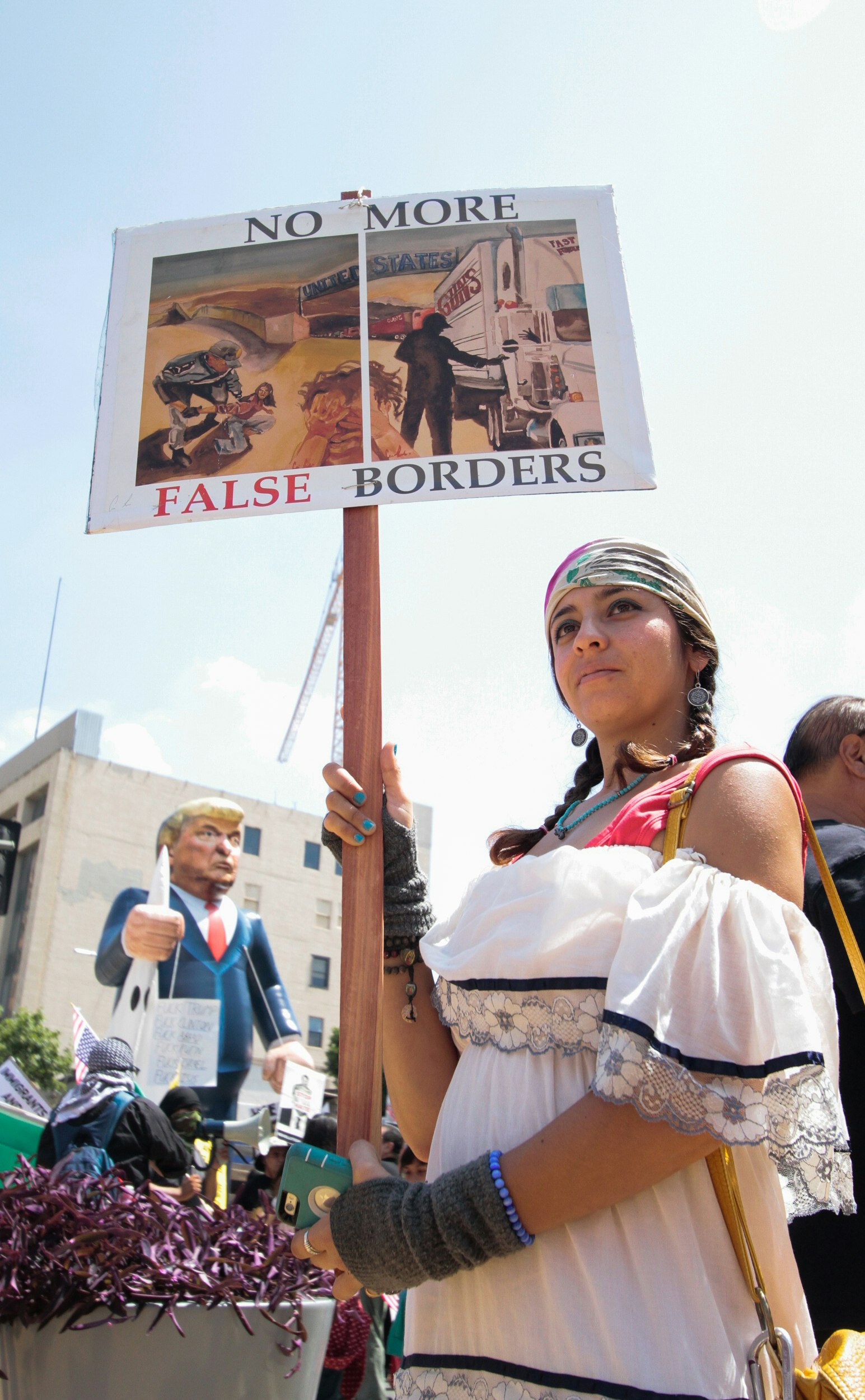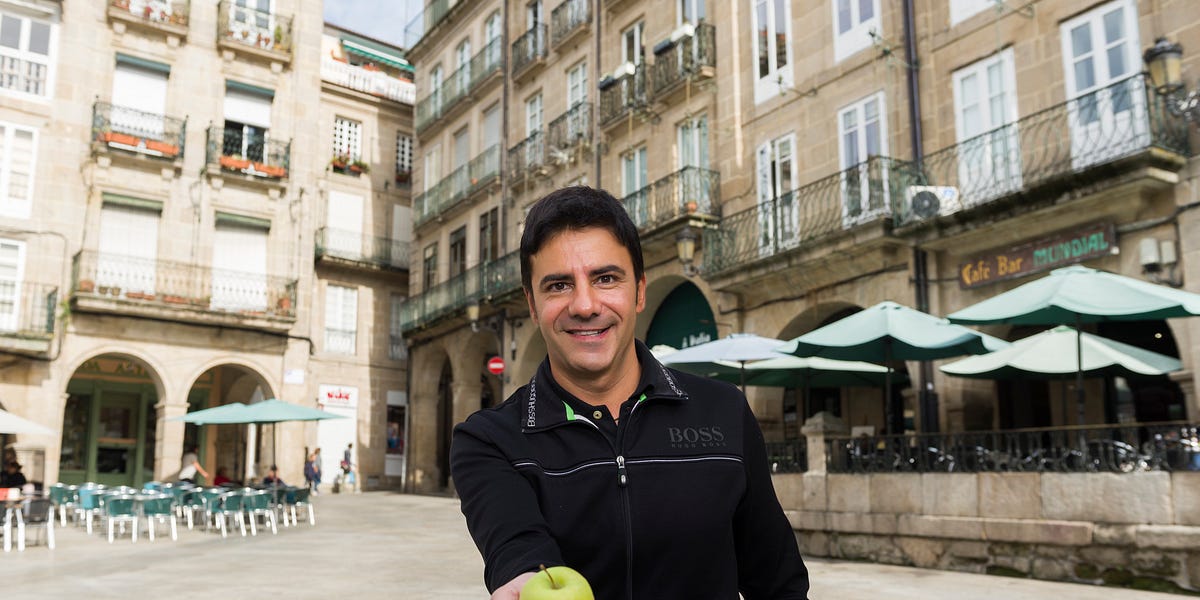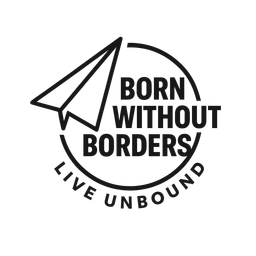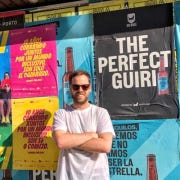Can Immigration Improve the Healthcare System?

Discussion series introduction
Many people come to me to adjust to new cultures, practice nuance, learn new vocabulary, prepare for interviews, and above all, discuss. When we enter a discussion to learn and not to prove others wrong, a human connection forms that LLMs (large language models like ChatGPT) can't emulate.
LLMs assist the process by expanding on my notes so I can focus on listening. Listen to understand.
One of the strongest motives for learning a language is to feel understood. Sure, an LLM can make you feel eerily seen with their sycophantic responses, but they don't feel what you're saying.
Responses are a small part of teaching. My job is to ask you questions. Questions that get you to think differently, use specific vocabulary, make new connections, but most of all, questions that make you feel listened to. No prompt and response rate can emulate the flow of a human conversation.
Still, a set of well-chosen questions makes a good starting point. That’s what I’m offering with this new series. Send your thoughts in the comments, or, better yet, book a Global Citizen Entry Call.
Discussion Questions: Immigration and Healthcare
Aging societies: Many countries are facing shrinking populations and stretched healthcare systems. Is bringing in immigrants the only realistic way to tackle this, or are there other strategies we should be exploring?
Framing immigrants: Are immigrants “taking jobs” from locals, or are they filling roles that are essential for society to function? How does the way we talk about them shape public opinion?
Care as innovation: If care work—like caregiving and other healthcare roles—is so critical to keeping society running, should we start seeing immigrant caregivers as innovators rather than just “low-skill” laborers?
Models of organization: When it comes to nonprofits, social enterprises, and cooperatives, which setup actually protects the dignity of immigrant workers in healthcare? And what are the compromises we need to be aware of with each model?
Preventive vs. reactive healthcare: Do we focus too much on hospitals and reactive care, and not enough on prevention? Could immigrant-led programs in wellness and care help shift that balance?
Cultural bridges: Community centers that connect seniors with immigrant families seem like a smart way to fight loneliness and prejudice. But do they really tackle deep-seated biases, or just scratch the surface?
Re-humanizing aging: In many cultures, older people face isolation. Can immigrant families help restore some intergenerational balance—both in healthcare and family life—or might this bring new challenges?
Economic stability: If immigrants are critical for keeping healthcare systems afloat, should governments fast-track residency or citizenship for them? What’s the case for and against this?
Narrative power: Why do public narratives often paint immigrants as a burden, even when they’re sustaining essential parts of 21st-century life like healthcare and caregiving?
Ethical trade-offs: Is it fair for wealthy countries to address their demographic problems by recruiting healthcare workers from poorer regions, knowing it could drain talent there?
If these types of discussions interest you, book a session.
- Group Classes
- Pairs (Two Students)
- Preply Link (One student)
Some of these questions naturally arose when discussing the following videos and articles in my class.


If you know anyone interested in improving their English communication skills, adjusting to new cultures, practicing nuance, learning new vocabulary, preparing for interviews, or living unbound, please share this article.
All my work is published on Ghost, a decentralized, non-profit, and carbon-neutral platform—free from VC funding and the grip of technofeudal lords.
I don’t use algorithms to hijack your attention.
My work can only exist if you share and support it.
Affiliate Links for Global Citizens
- Home Exchange: Trade homes, not hotel bills. Live like a local anywhere in the world.
- Wise: Send money across borders without losing your mind (or half your paycheck in fees).
- Preply: Make a living teaching people worldwide.
- Flatio: A more ethical version of Airbnb.



Member discussion